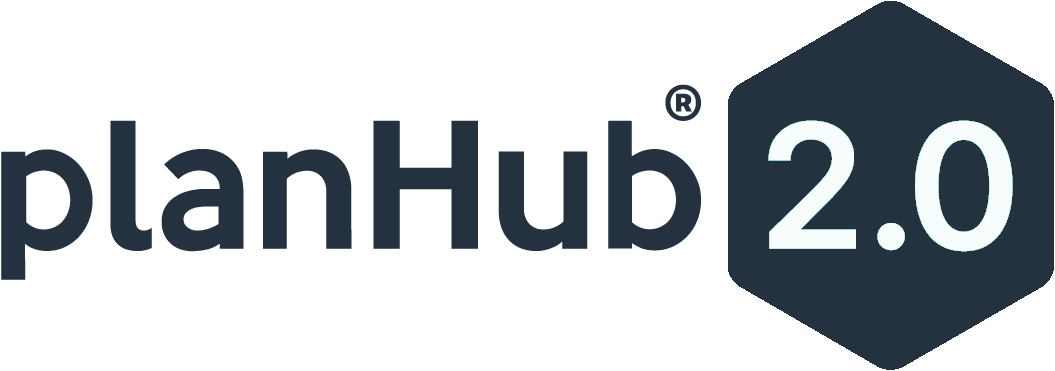A bid aims to get the owner or general contractor to choose your company for the construction project. With this in mind, a bid is much more than just a price; it’s a marketing document that needs to persuade the reader to hire you.
A bid is also an indication to your client of how you’ll perform on the job. This is especially true if the client hasn’t worked with you before. If you have an established relationship, an email or text may suffice. But if this is your first time bidding to this client, you’ll want to take the extra time to show them that you care about their project and that you’re the right contractor for the job.
In many cases, price is the deciding factor when it comes to choosing one contractor over another. But this doesn’t mean that providing an accurate, thorough, and well-presented bid, even if it’s not the lowest one, isn’t worth doing.
Study the project documents
Before you can begin to put together your bid for a project, you’ll need to review the plans, specifications, and any other documents you’ve been provided. You want to get a clear picture of your overall project scope and your role within the project. You’ll want to note what kind of project it is: remodel, new construction, repair, the project’s overall scope, and where your scope fits in the project schedule.
If, during your review, you find specification sections or drawing details that are missing or don’t make sense, don’t be afraid to ask questions to clarify. This will not only improve the accuracy of your bid, but it will also show your potential client that you’re serious about the job and are reviewing the documents closely.
As you review the documents, begin to detail the individual items that will need to be performed as part of your scope of work. Each of these items will become a line item in your proposal. Noting how many fixtures there are or how long the pipe run is from the water meter will help you quantify the work and begin to build your estimate.
Price the work
Pricing the work requires a combination of personal experience, past performance on projects, and industry standards. If you’re just starting out your own business, you may have to rely on industry standards and construction labor calculators to determine how long specific tasks will take. As you build up experience and successfully complete projects, you’ll be able to draw from that data to map out your estimates better.
Material costs are going up on everything from lumber to PVC piping. Potential material shortages are also possible as the country begins to feel the effects of the COVID-19 shutdowns. Make sure you get current material pricing before you price a project and ask suppliers about anticipated price increases or material shortages. If a price increase or shortage is expected in the near future, be sure to include that information in your bid.
After calculating your labor and materials costs, you need to add your desired overhead and profit. Margins are becoming smaller as competition between contractors becomes stiffer. It would be best if you started with a profit percentage near the industry standard for your scope of work, which you can find on the internet or through one of the many professional organizations in the industry. It’s tempting to go with a higher mark-up and try to make as much money as possible on the project. The reality is that quoting a higher percentage may take you out of the running, which means you won’t make any money at all. Start somewhere in the middle of there commended percentages and go from there, depending on your results.
Putting together the bid
If the project owner or general contractor provided a bid form with the invitation to bid, use it when submitting your bid. These forms often ask for specific information needed to complete the bid, including unit pricing and pricing for bid alternates. If a form wasn’t provided, you could submit your bid on any form you choose.
Be sure to include this critical information in your bid:
· Date of bid
· Your company information (name, address, phone number, contact email)
· Project name
· Description of your scope of work and what you’re providing
· Project documents that you used to develop your bid (drawings, specifications, etc.)
· Price of work
· Special terms
· Exclusions
If you have experience working on similar projects, be sure to include that in your proposal, especially if you haven’t worked with your potential client before. Provide project names and a brief description of your scope of work on the project. Include projects that are in the same industry or are roughly the same size.
It’s also a good idea to provide a list of references for projects you’ve completed in the past in order to build trust with your potential client. References help a client or GC decide if you’ll be right for the project. They may contact them to check on your work quality, how many change orders you requested, and whether you completed the work on time. Three to five references are a good number to start with for your proposal.
Writing a winning proposal
Putting together a construction proposal involves immersing yourself into the project, understanding the scope of work, pricing it, and then presenting your price and experience in the most favorable way. While price is always important, it isn’t always the only deciding factor. Treating your proposal as a chance to win over the client is the best bet to help you get the project.





